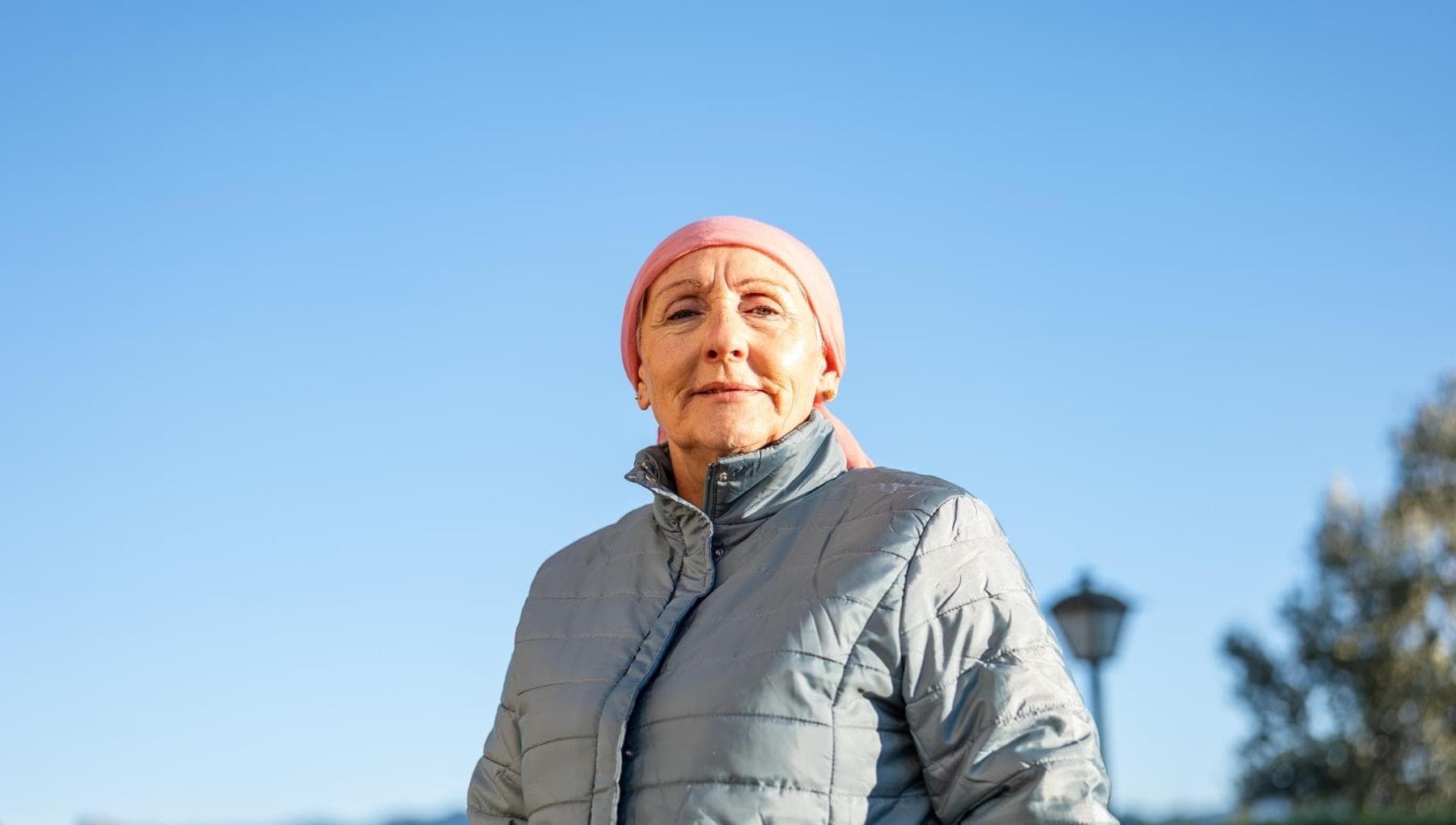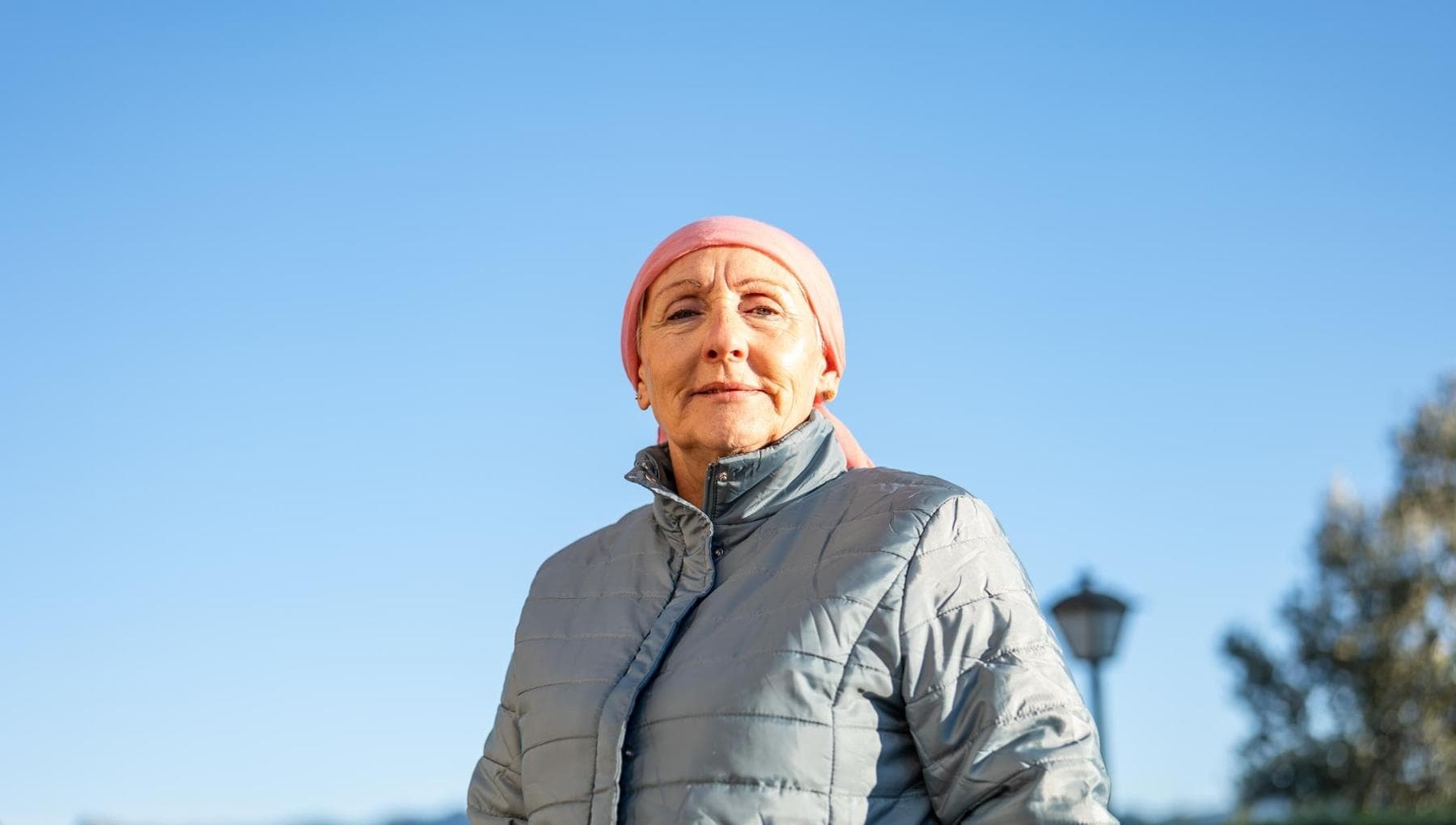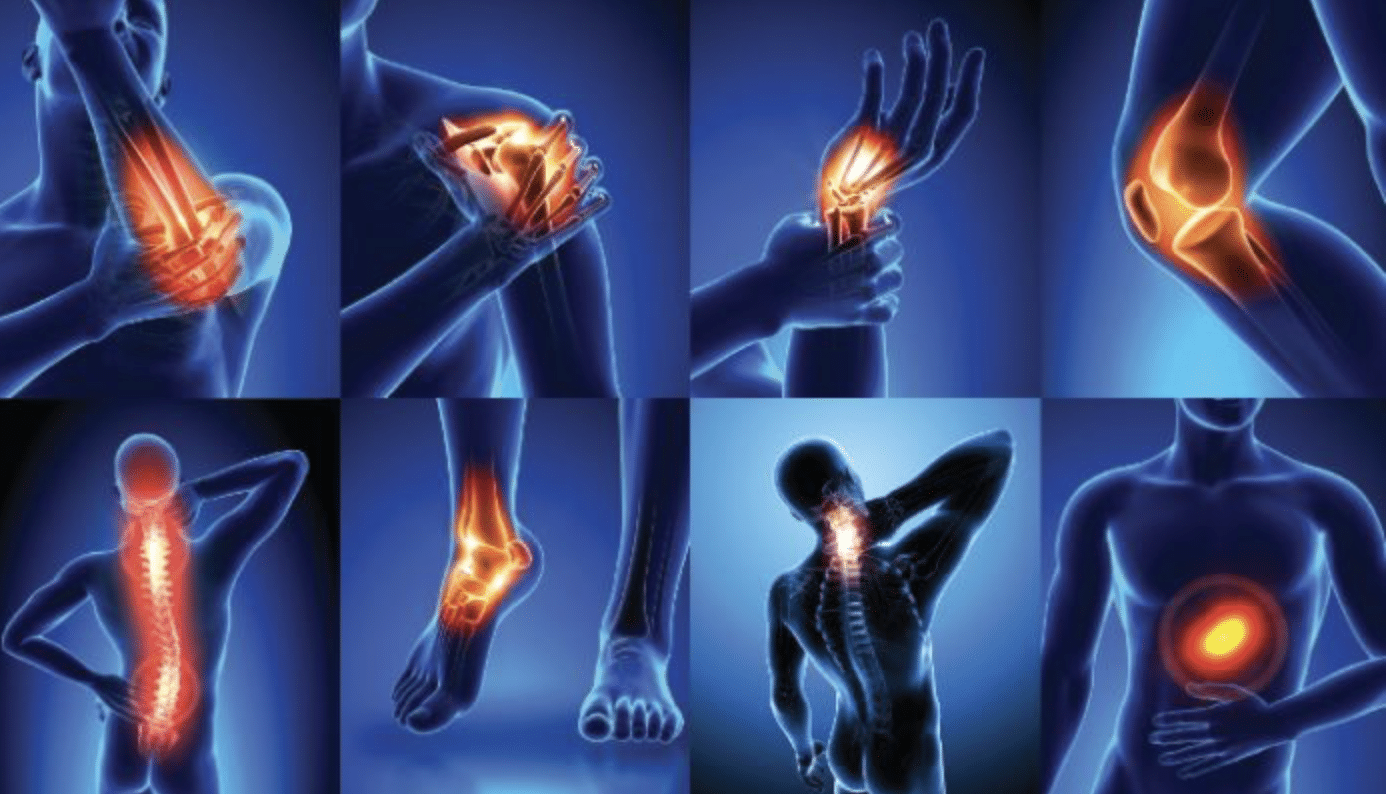Metastatic breast cancer: survival increased by 33% in the last 10 years

“We have shown that progress [in metastatic breast cancer] is possible.” These are the words of Fatima Cardoso , president of the ABC Global Alliance (an international organization created with the aim of improving the life expectancy and quality of life of people with metastatic breast cancer), on the occasion of ABC8, the eighth Advanced Breast Cancer International Consensus Conference (held every two years in Lisbon), where the ABC Global Decade Report 2015–2025 was just presented, the second global report that takes stock of the progress achieved in the last decade.
Average survival increased by 33%Like the previous one (2005-2015), this is a comprehensive document that takes stock of how the management and treatment of advanced disease have changed worldwide, which can be summarized in a few significant figures. First of all, the percentage of women alive five years after a metastatic cancer diagnosis has increased from 26% ten years ago to 33%. For those with HER2-positive cancer (approximately 20% of patients), the median survival exceeds 50 months in some regions, meaning that half of patients live longer (sometimes much longer) than this. In short, the idea that diagnosis is a rapid death sentence and that the money spent on treatment is a waste is no longer valid. Furthermore, it is important to emphasize that these are global averages, which therefore take into account very different countries: the gap, therefore, is widening, for better or worse.
Other milestones achievedBeyond the survival figures, however, there are other important milestones: the first international guidelines on advanced breast cancer have been integrated into clinical practice in several countries; in others, such as Australia and Northern Ireland, we have the first reliable estimates of the number of people living with advanced disease; in still others, quality of life, stigma, workplace rights, and psychological support are being debated at the political level. "This report," says Cardoso, "shows what a decade of collective action can achieve, demonstrating that advances aren't theoretical; they change lives.
The challenges still openYet, progress does not equate to equity. Our challenge and commitment now is to close the gaps in care within and between countries. Some examples: for the type of breast cancer called triple-negative, the global median survival has increased by less than three months in the last decade, reaching just 13 months; the first molecularly targeted drug, trastuzumab, is now available in only 51% of low- and middle-income countries, compared to 93% of high-income countries; over half of patients (55%) report never receiving support services from the treatment center; no country has effectively implemented a comprehensive legal framework to fully protect the labor rights of patients and caregivers.
Two surveys on patients and healthcare workersThe report is also based on two large international surveys conducted in 2024, involving 1,254 patients from 59 countries and 461 healthcare professionals from 78 countries. While 79% of patients report an impact of the disease on their psychological and emotional well-being, only 53% of clinicians report the existence of a regular psycho-oncological support service. Furthermore, nearly 8 in 10 patients have never participated in a clinical trial, and six in 10 report financial toxicity of treatment. Regarding the stigma associated with the disease, half report feeling misunderstood and experiencing social isolation, which impacts their quality of life. Finally, 73% of patients report an impact on their ability to return to work.
The goals for the next 10 yearsFor this reason, the ABC Global Charter 2025–2035 was also published alongside the document, outlining a new path for the next 10 years to promote equitable progress. The objectives set are:
- Doubling the median survival
- Optimizing care through high-quality data collection
- Improving the quality of life
- Ensure multidisciplinary management, in accordance with the guidelines
- Improving communication between doctors and patients and with caregivers
- Filling patients' information needs
- Ensuring access to patient-centered support services
- Reduce stigma and isolation by improving knowledge about the disease
- Improving access to care, regardless of economic status
- Increase rights, including job protection
Both – the report and the paper – were published simultaneously on November 6 in The Breast .
The study on “real world” data, in the USAReturning to the topic of survival, it's worth mentioning another study, conducted only in the United States but on 60,000 women with metastatic disease, and also presented at ABC8 in Lisbon. It reports data from clinical practice (not from trials), comparing the median survival between patients who began treatment between 2011 and 2013 and those who began it between 2020 and 2022. Among those with both hormone-responsive and HER2-positive (HR+/HER2+) tumors, the median survival increased from 42 months to 53.1 months; among patients with only HER2-positive (but HR-) tumors, the improvement was more limited: from 31.7 to 39.2 months. Even in this study, however, the median survival in triple-negative tumors dropped from 11.2 to only 13.2 months.
But there is a note of strong hope for the future, as several new therapies have been developed and approved, such as immunotherapies, PARP inhibitors, and antibody drug conjugates. "This study suggests that some of the new drugs are also effective in the 'real world,' with significant improvements in survival," Cardoso commented. "The survival improvements observed in this study will likely be similar in other high-income countries, where innovative therapies are available. However, a major obstacle is the cost of all these agents, making them inaccessible to many patients worldwide. Unfortunately," he concludes, "the new ABC Global Decade Report 2015-2025 shows that inequalities, both between and within countries, have increased over the last decade."
La Repubblica





